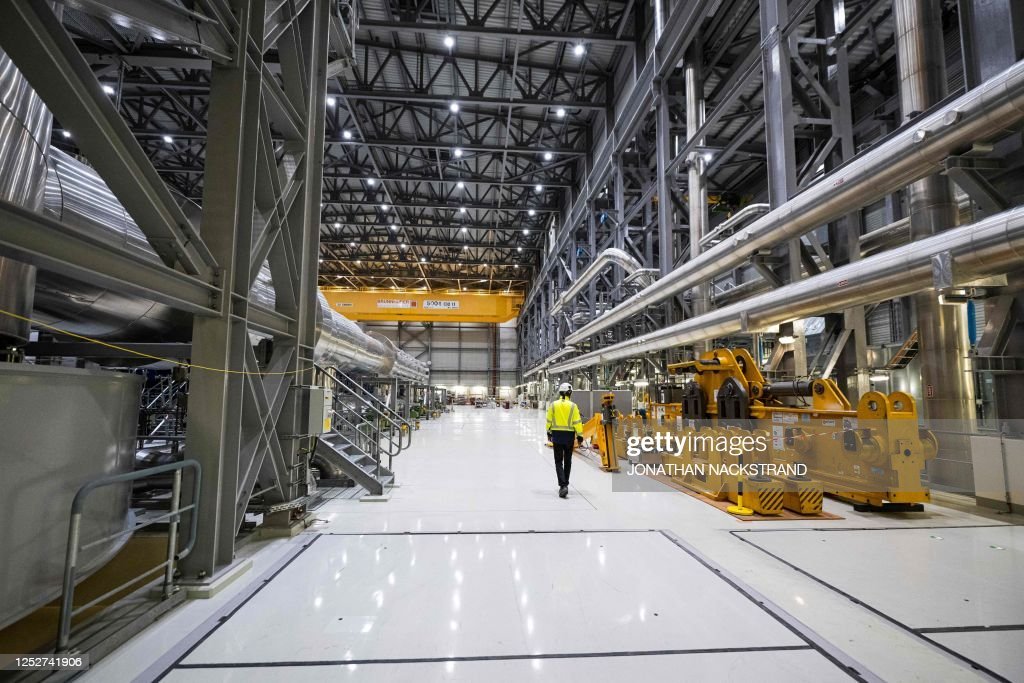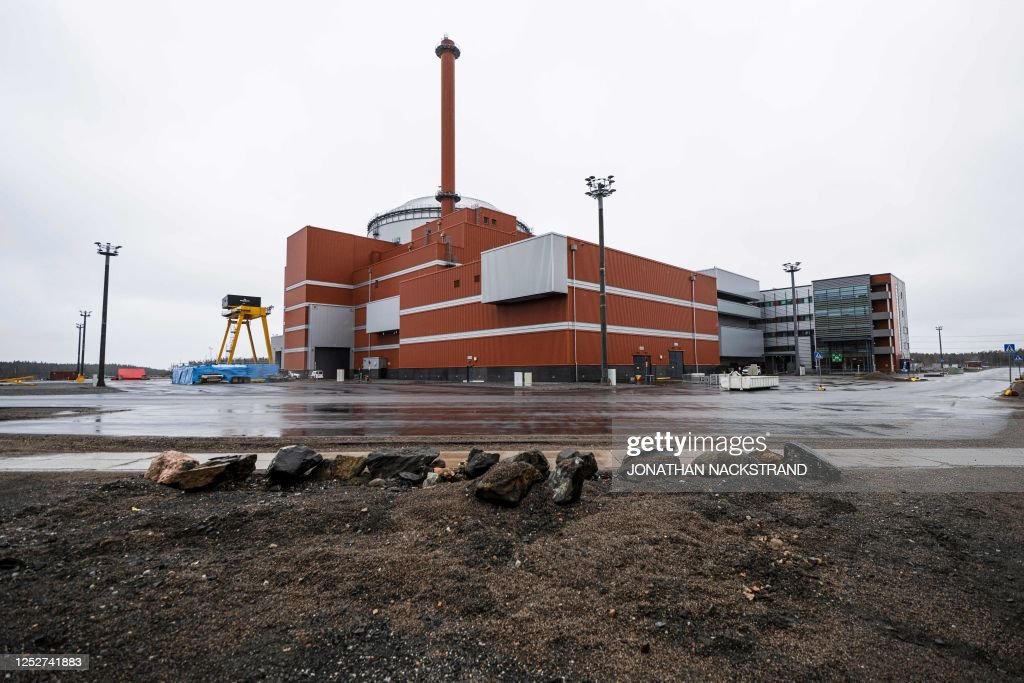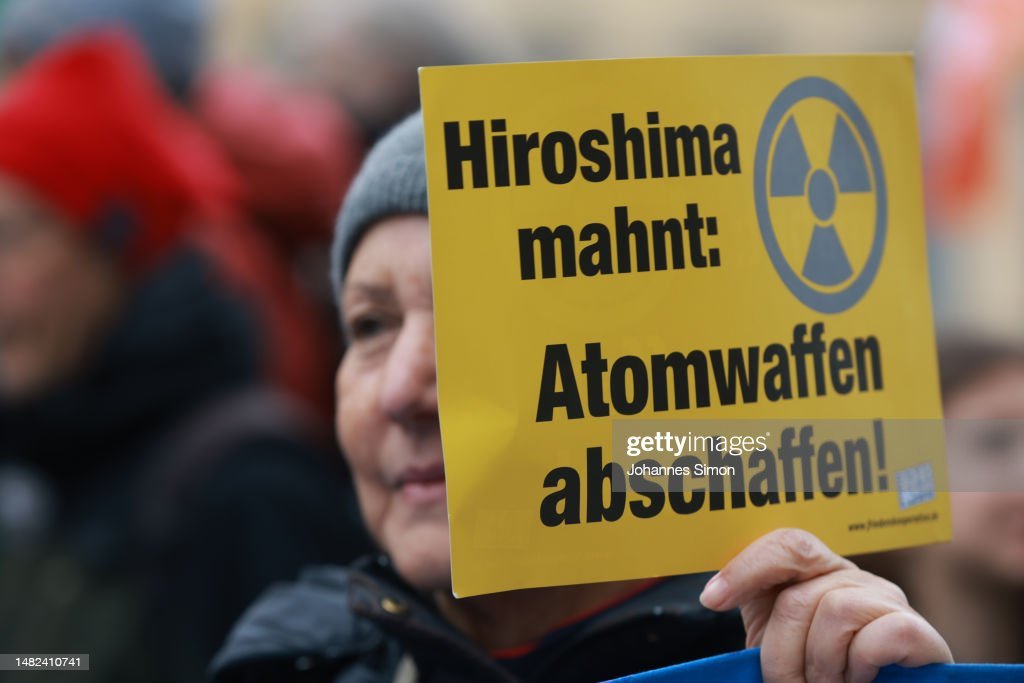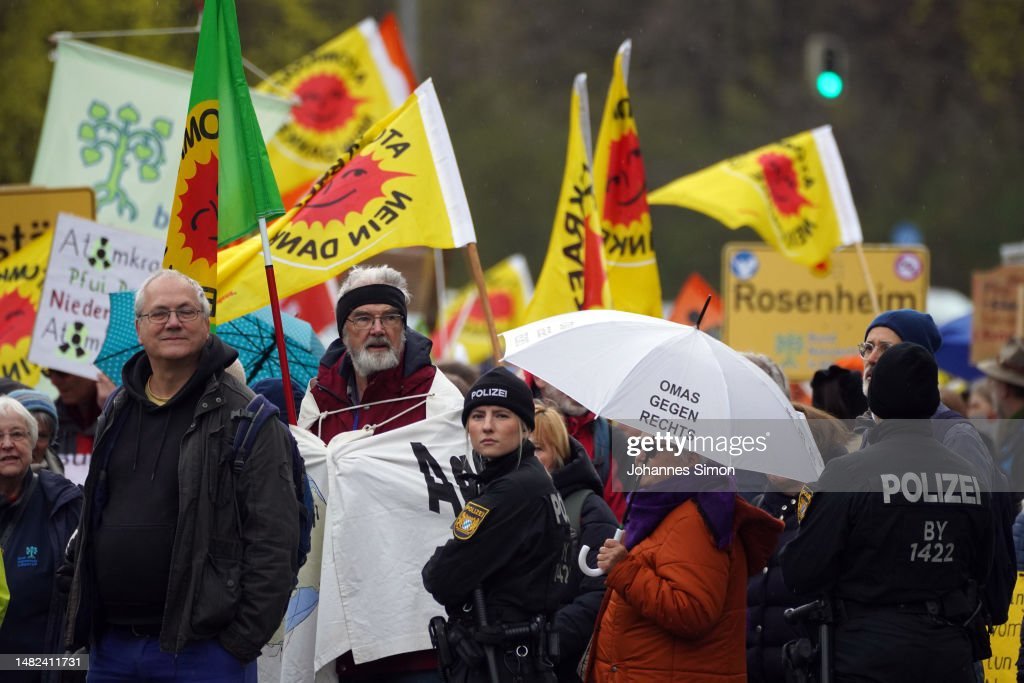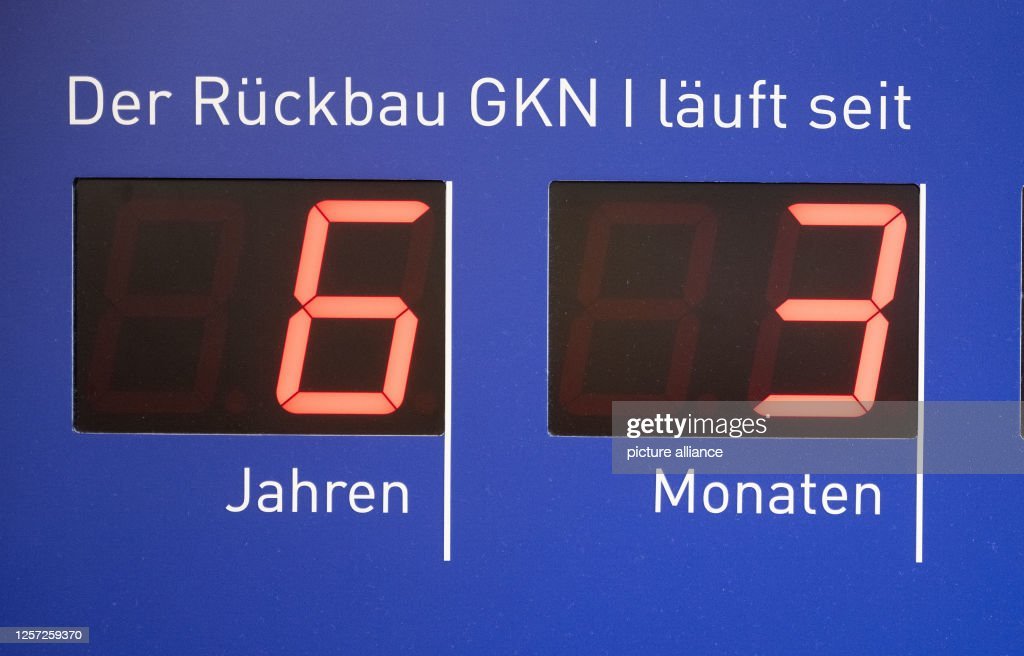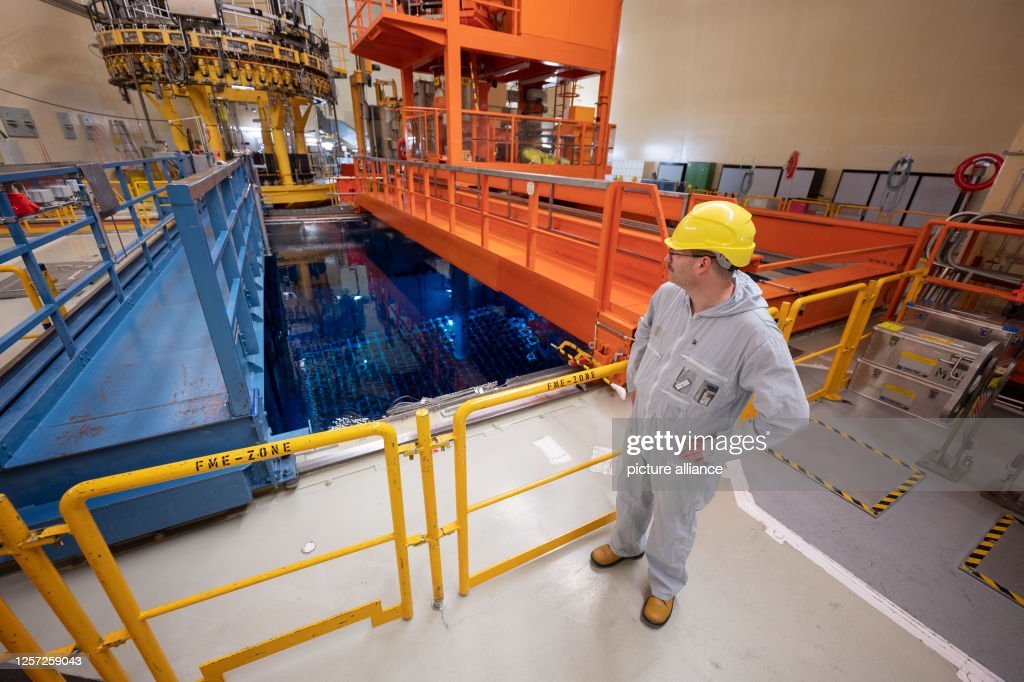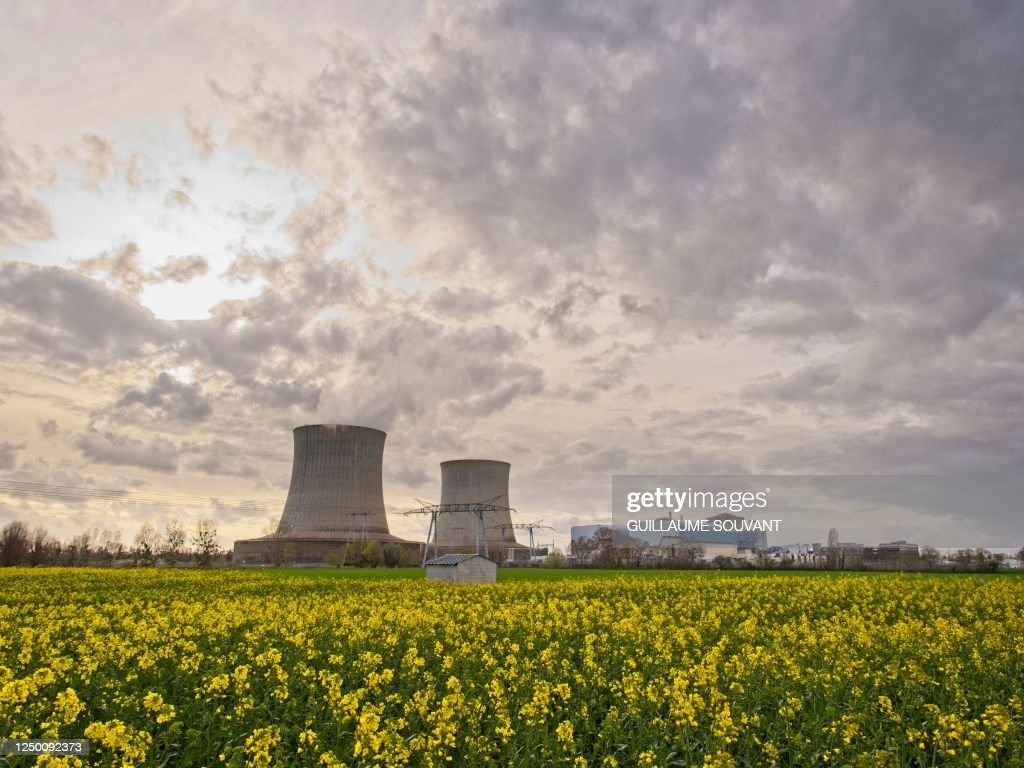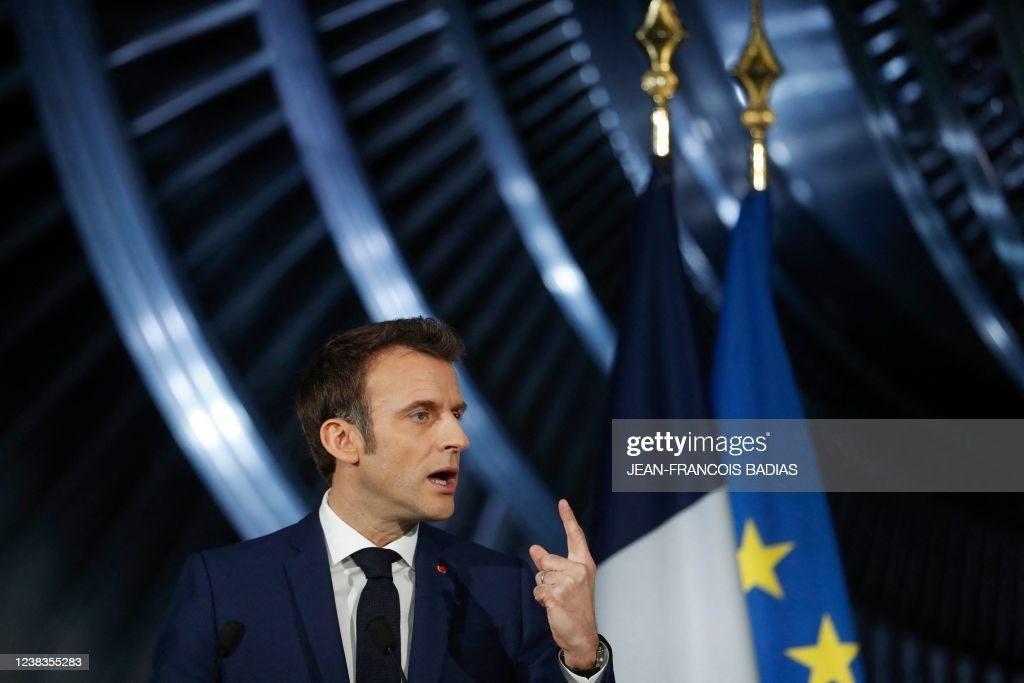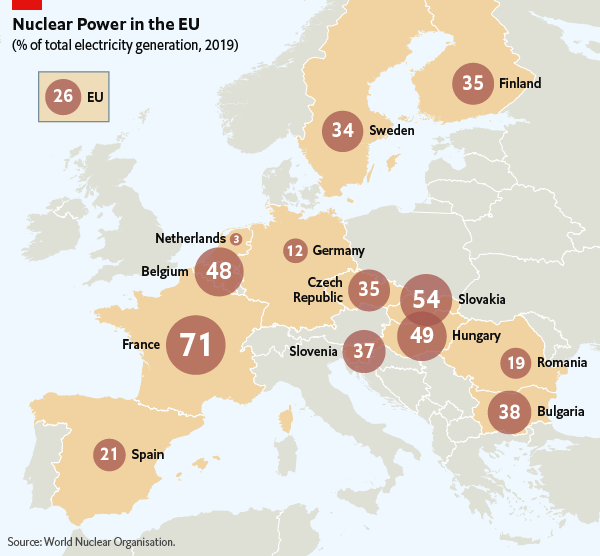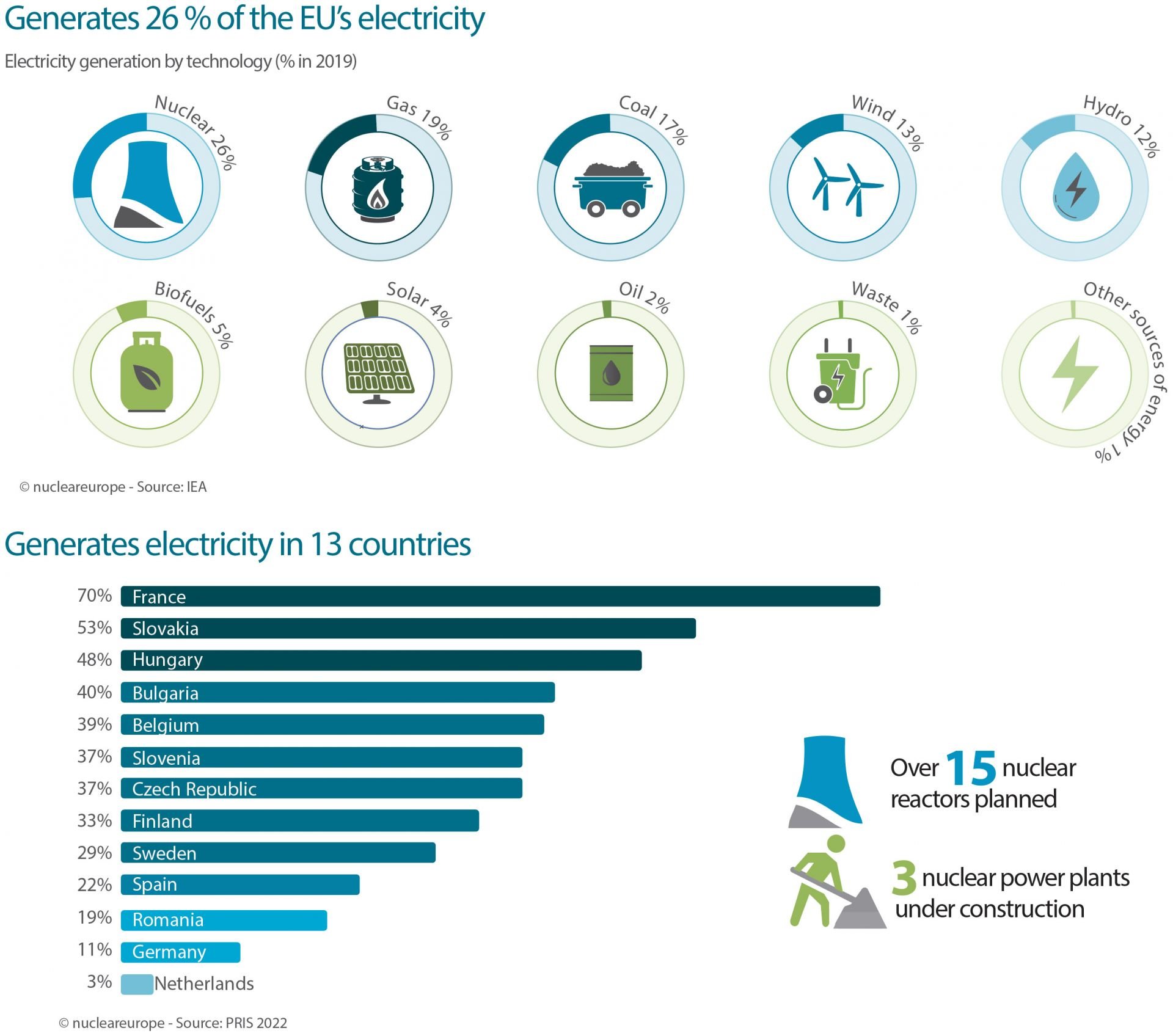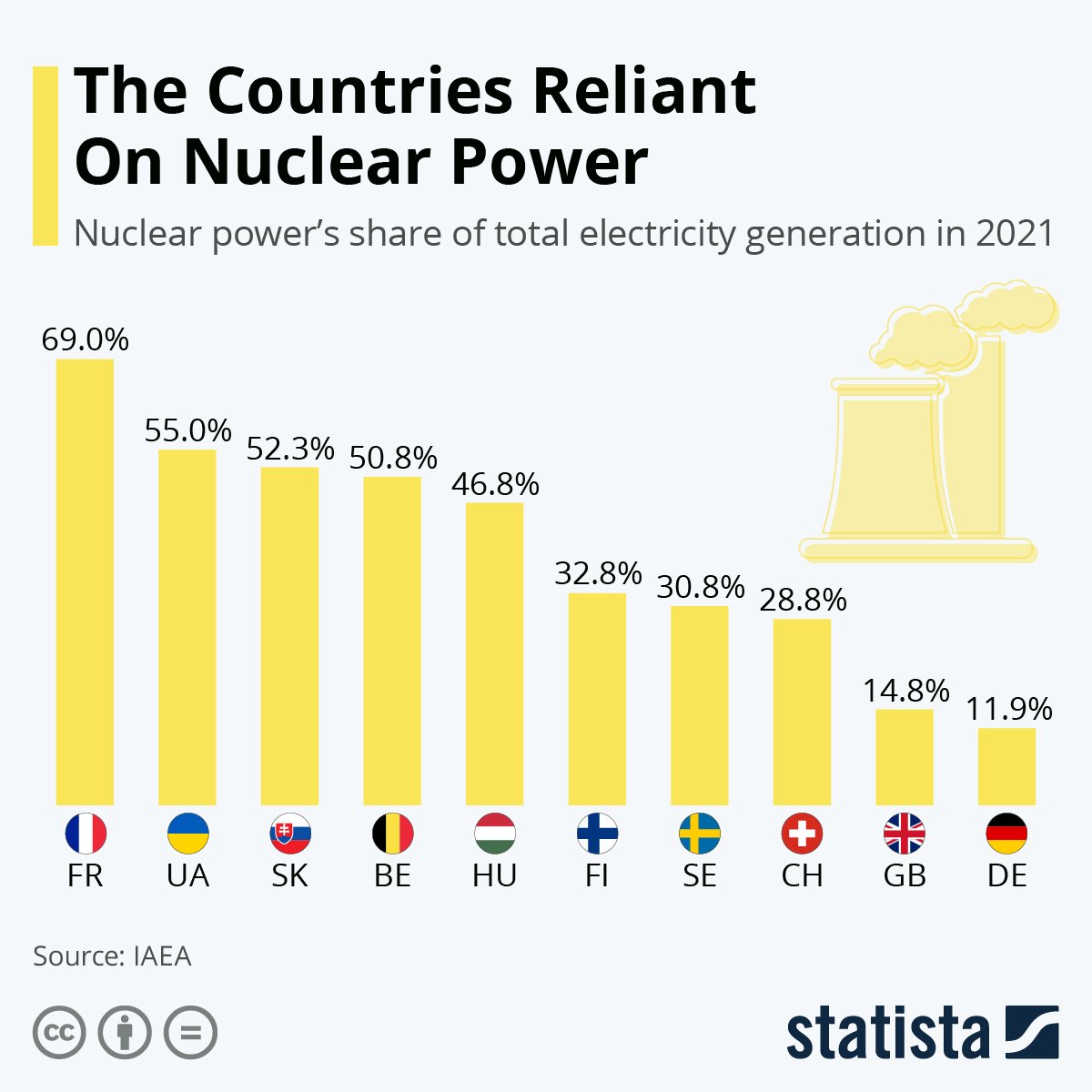Europe’s Nuclear Energy Landscape: Stop, Start & Fast Forward
Europe’s nuclear energy landscape is changing as it tries to recalibrate its energy & regional security/clean energy framework and we are witnessing some interesting, counterposing developments. Some countries (such as France and Finland) are rushing forward with more investment into nuclear energy while others (such as Germany) are hitting the “stop” button.
While still controversial in some quarters, nuclear energy is widely acknowledged as a key source of carbon-free, baseload power, and so it is a key component in Europe’s emerging energy/regional security framework. It is also part of the EU’s energy transition & decarbonization plans in light of the Ukraine-Russia War and decoupling from Russian oil and gas (now supplanted by Norway, Qatar and others).
This blog provides a summary of the key developments and also includes links to curated articles.
FINLAND LAUNCHES OOLKILUOTO 3:
On April 17th, Finland initiated output at its 1.7 gigawatt Oolkiluoto 3 (OL3) nuclear reactor, the country’s first new nuclear plant in more than four decades and Europe's first in 16 years. The OL3 reactor is officially the largest reactor in Europe. Keep in mind that Finland, which is Russia’s neighbor, just became the newest NATO member so the OL3 launch is particularly notable in light of Europe’s aforementioned de-linking from Russian energy. In fact, Finland’s renewable energy strategy — powered by hydroelectric and nuclear — is paying off significantly and leading to a glut of clean energy with energy prices flipping negative.Reuters’ coverage of the OL3 launch follows:
“Finland’s much-delayed and costly new nuclear reactor, Europe’s most powerful by production capacity, has completed a test phase lasting more than a year and started regular output, boosting the Nordic country’s electricity self-sufficiency significantly.
The Olkiluoto 3 reactor, which has 1,600-megawatt capacity, was connected into the Finnish national power grid in March 2022 and kicked off regular production on Sunday. Operator Teollisuuden Voima, or TVO, tweeted that “Olkiluoto 3 is now ready” after a delay of 14 years from the original plan.
It will help Finland to achieve its carbon neutrality targets and increase energy security at a time when European countries have cut oil, gas and other power supplies from Russia, Finland’s neighbor.
“The production of Olkiluoto 3 stabilizes the price of electricity and plays an important role in the Finnish green transition,” TVO President and CEO Jarmo Tanhua said in a statement. The company added that “the electricity production…” (click here for the rest of the article)
Additional Coverage:
France24 — “Europe's largest nuclear reactor enters service in Finland”
DW — “Finland’s much-delayed nuclear plant launches”
Business Insider — “Electricity prices in Finland flipped negative”
GERMANY HALTS NUCLEAR:
While Finland is pushing forward with nuclear energy, Germany just shuttered its last civilian nuclear plant on April 18th with the separation of the Isar 2, Neckarwestheim and Emsland nuclear power plants from the power grid. Despite a recent decision to extend nuclear power generation (to help manage the energy crisis) spurned by the Ukraine-Russia War, the Scholz government eventually recommitted itself to the phase-out initiated by the Merkel government in 2011. As CNN noted:
“Germany’s final three nuclear power plants close their doors on Saturday, marking the end of the country’s nuclear era that has spanned more than six decades. Nuclear power has long been contentious in Germany. There are those who want to end reliance on a technology they view as unsustainable, dangerous and a distraction from speeding up renewable energy.
But for others, closing down nuclear plants is short-sighted. They see it as turning off the tap on a reliable source of low-carbon energy at a time when drastic cuts to planet-heating pollution are needed. Even as these debates rumble on, and despite last-minute calls to keep the plants online amid an energy crisis, the German government has been steadfast.
“The position of the German government is clear: nuclear power is not green. Nor is it sustainable,” Steffi Lemke, Germany’s Federal Minister for the Environment and Consumer Protection and a Green Party member, told CNN.
“We are embarking on a new era of energy production,”
So, how did Germany arrive at this position? Then-Chancellor Angela Merkel made the decision (on March 11, 2011) to suspend the “2010 lifetime-extension for a three-month period, and then to mothball Germany's seven oldest reactors for the same period (known as the nuclear moratorium)” following the Fukushima reactor accident. Merkel, like many of her predecessors, had to contend with a strong and deeply-rooted anti-nuclear movement that began with student protests in the 1960s & 1970s — spawning the Greens — and then intensified following the Three Mile Island disaster (1979) and Chernobyl meltdown (1986). While it was a response to public pressure, the Merkel government’s decision to curtail nuclear (and coal) directly led to an overreliance on Russian gas imports and increased GHG emissions. As noted in The Guardian:
“When Putin invaded Ukraine in February, Germany faced a particular problem. Its rejection of nuclear power and its transition away from coal meant that Germany had very few alternatives to Russian gas. Berlin has been forced to accept that it was a cataclysmic error to have made itself so dependent on Russian energy – whatever the motives behind it. The foreign minister, Annalena Baerbock, says Germany failed to listen to the warnings from countries that had once suffered under Russia’s occupation, such as Poland and the Baltic states. For Norbert Röttgen, a former environment minister and member of Angela Merkel’s Christian Democrat Union (CDU), the German government bowed to industry forces pressing for cheap gas “all too easily”, while “completely ignoring the geopolitical risks.”
Additional Coverage:
AP — “Over and out: Germany switches off its last nuclear plants”
CNN — “A new era; Germany closes nuclear power, closing its final three plants”
Reuters — “As Germany ends nuclear era ends, nuclear activist says there is more to do”
FRANCE, NUCLEAR LEADER, PUSHES FORWARD:
When it comes to nuclear energy, France is the undisputed global leader: “Nuclear power plants in France generated 361 billion kilowatt hours of electricity in 2021, accounting for 68% of the country's annual electricity generation, the highest nuclear generation share in the world.” But, France is now poised to further bolster its reputation as the global nuclear energy leader with an ambitious build-out. In February 2022, President Emmanuel Macron announced a plan to build six new reactors and to possibly build another eight by 2050. As The Guardian noted:
“Emmanuel Macron has announced a “renaissance” for the French nuclear industry with a vast programme to build as many as 14 new reactors, arguing that it would help end the country’s reliance on fossil fuels and make France carbon neutral by 2050.
“What our country needs ... is the rebirth of France’s nuclear industry,” Macron said in a speech in the eastern industrial town of Belfort, in which he lauded the country’s technological prowess.
Atomic energy provides about 70% of French electricity, and low-cost nuclear power has been a mainstay of the French economy since the 1970s, but recent attempts to build new-generation reactors to replace older models have become mired in cost overruns and delays.
Macron said French nuclear regulators were “unequalled” in their rigour and professionalism and that the decision to build new nuclear power plants was a “choice of progress, a choice of confidence in science and technology”.
He also announced a major acceleration in the development of solar and offshore wind power. He said France had no choice but to rely on renewables and nuclearand that the country would also have to consume significantly less energy in the next decades.
Reuters — “French parliament votes for nuclear plan with large majority”
Le Monde — “French Parliament passes law to accelerate construction of new nuclear reactors
The Guardian — “France to build 14 new nuclear reactors by 2050”
PBS — Why the French like nuclear energy”
EDITOR’S NOTE: TBG Purpose is a leading Sustainability/ESG partner for corporations, institutions and governments. TBG Purpose provides an integrated set of solutions and enables organizations to meet their Sustainability/ESG objectives in line with global reporting standards and frameworks. Get in touch with our team for a free TruePurpose Sustainability Assessment and get out your TruePurpose Score.

